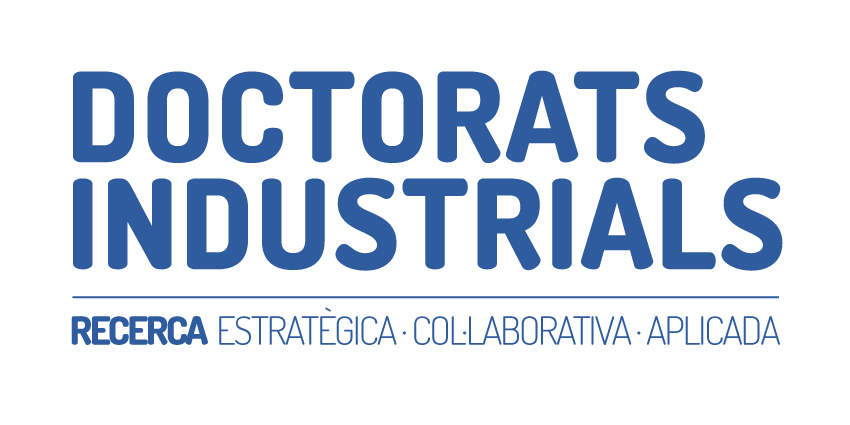Descripció del projecte
Colorectal cancer (CRC) is the second most prevalent type of cancer both in women and men. Despite the current improvements in the treatment of this disease, the mortality of CRC still causes one million deaths a year in the US. Almost half of the CRC cases diagnosed today are detected in stage III or IV, when the chances of recovery drop to 64% and 8% respectively. Although the early detection of cancer in less symptomatic stages has the potential to improve the curing rates to up to 90%, today, only 4 out of 10 patients with CRC are diagnosed in Stage I or II. Unfortunately, currently used screening methods such as FIT are suboptimal. The goal of this project is to develop a cost-effective non-invasive alternative diagnostic method with increased sensitivity and specificity by studying circulating long RNAs for the detection of cancer using machine learning algorithms suitable for population screening.
This project will be focused in data analysis and the development of the computational methods for the analysis of cell-free next-generation sequencing (NGS) data. It will involve advanced bioinformatics techniques, in the field of genomics, needed for NGS data processing including quality control, read alignment, transcript quantifications and statistical modeling for data normalization and classification using machine learning techniques. By leveraging Flomics expertise in liquid biopsies and the extensive knowledge in genomics and bioinformatics of Computational biology of RNA processing group, led by Professor Roderic Guigó at the Center for Genomics Regulation (CRG), we aim to establish the basis for a novel era of medicine where diagnosis is guided at the molecular level by NGS techniques.
Currently, Flomics is already developing a similar tool for lung cancer with successful results with the goal to develop a multi-disease diagnostic test with the addition of other diseases in the following years to produce a highly marketable and useful tool. The end-product of Flomics will be a test that will score each patient for different pathologies and will flag those who would benefit for further and more-invasive testing. As a result, patients will be diagnosed at earlier stages and will benefit from less aggressive treatments and better quality of life.



